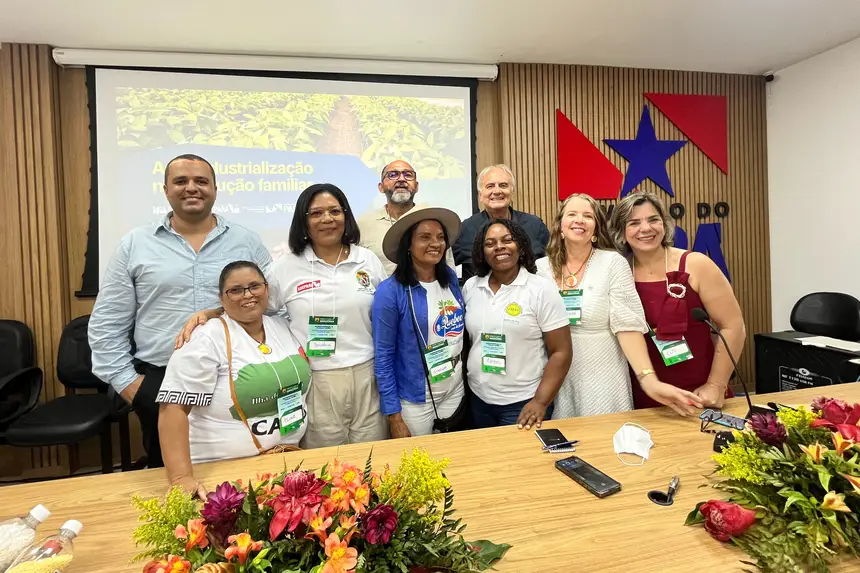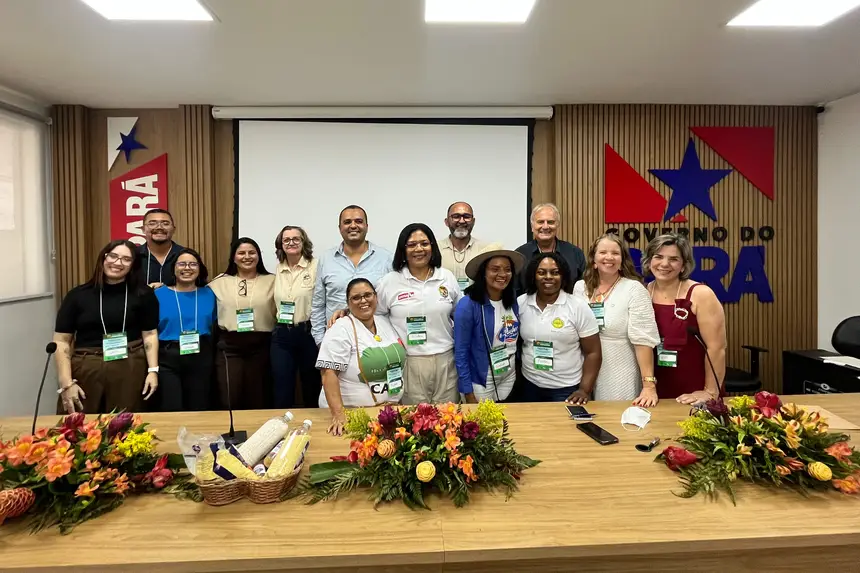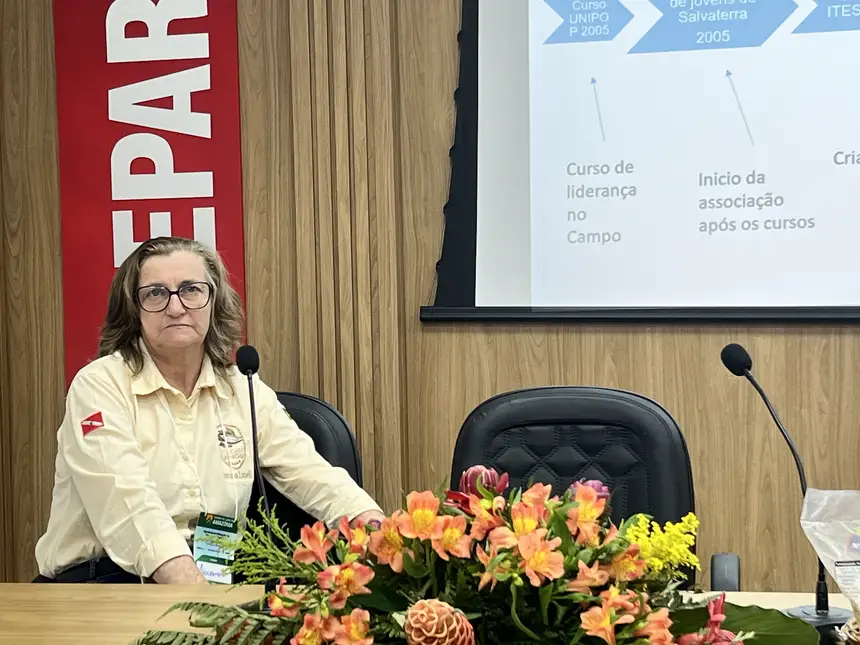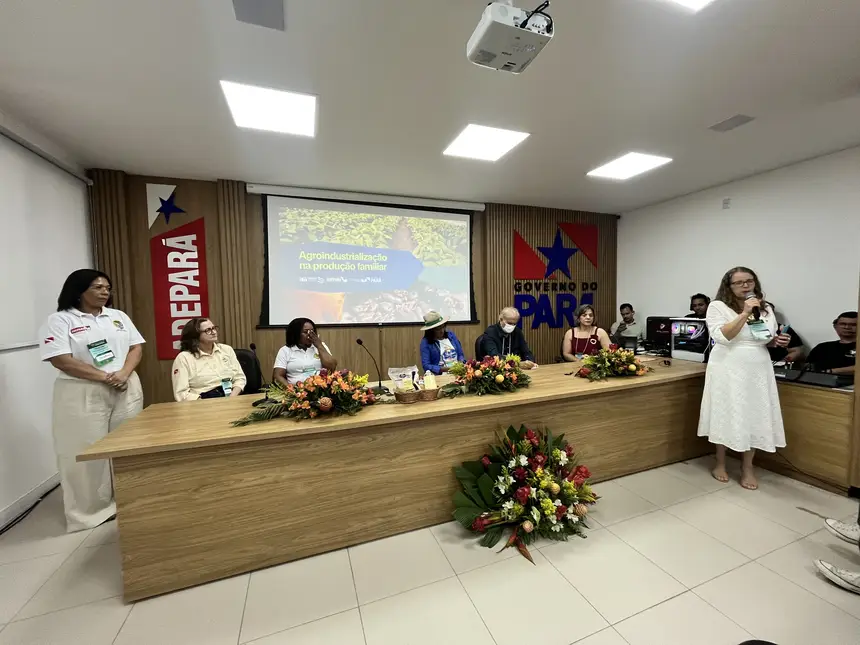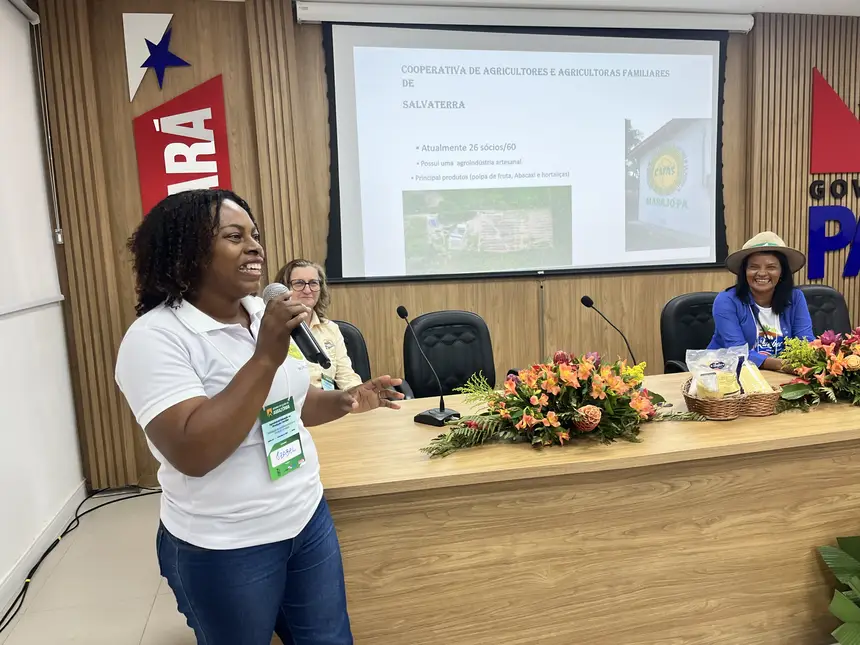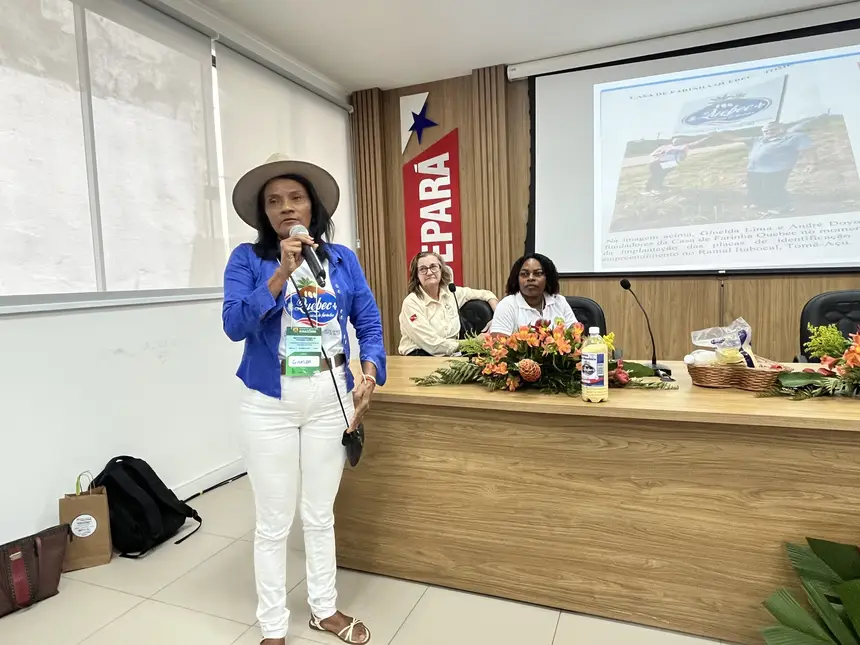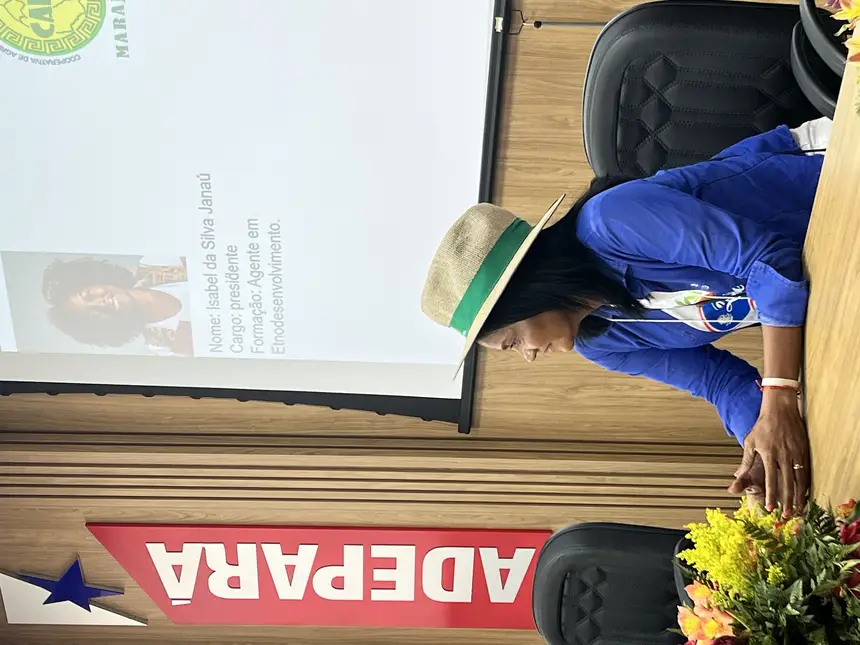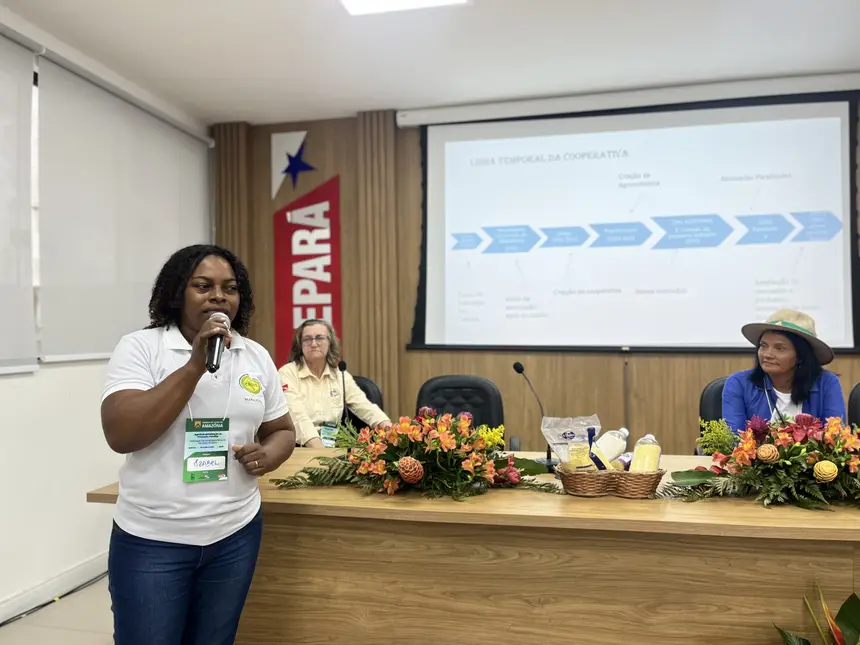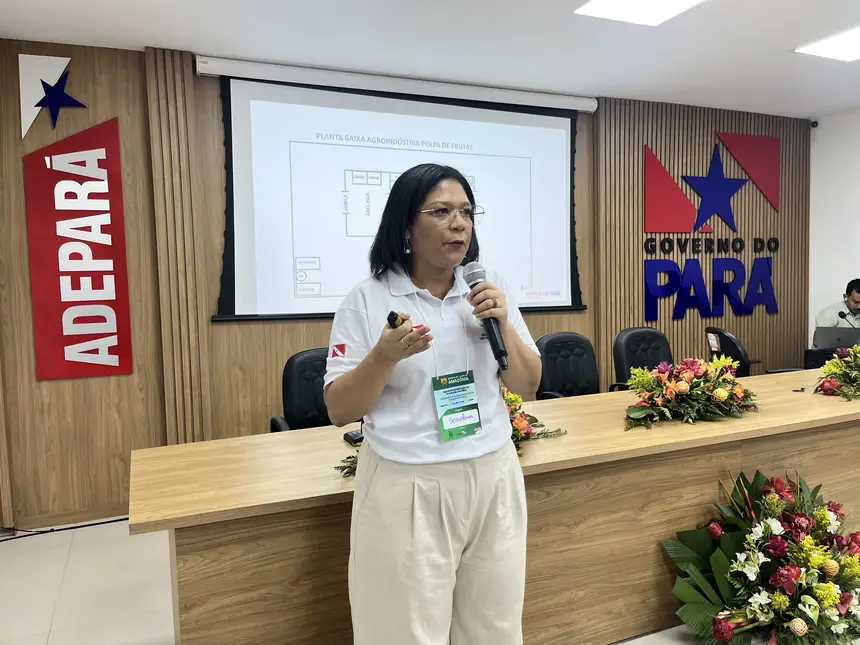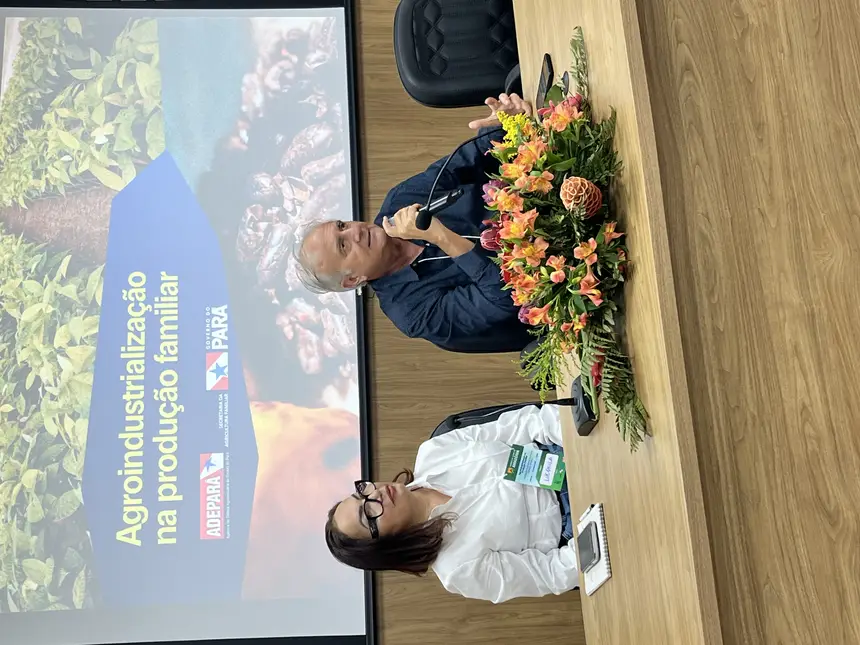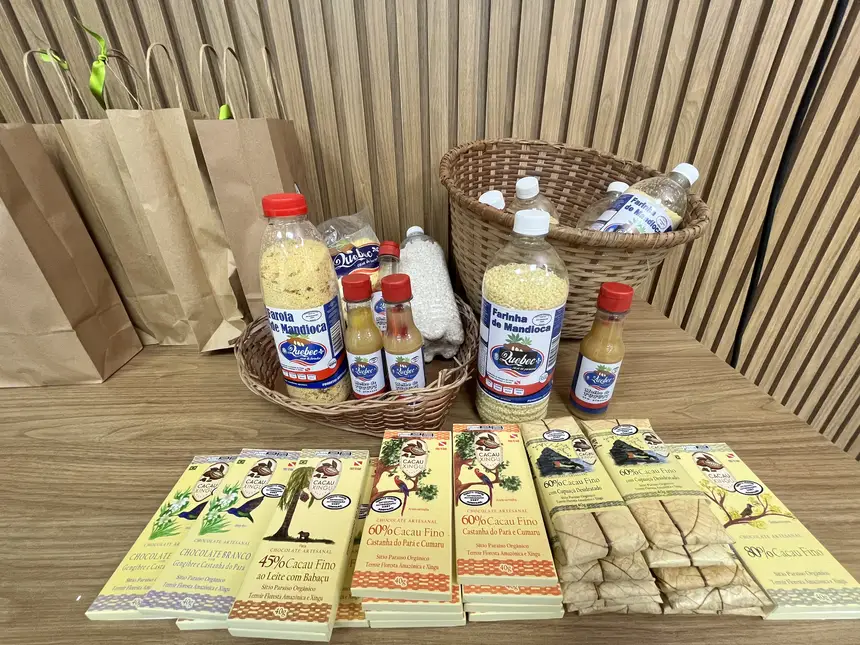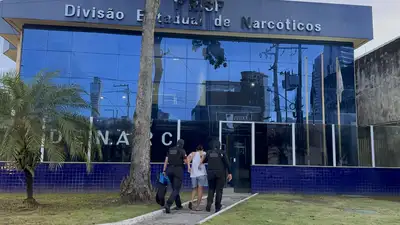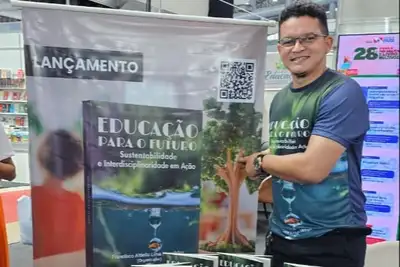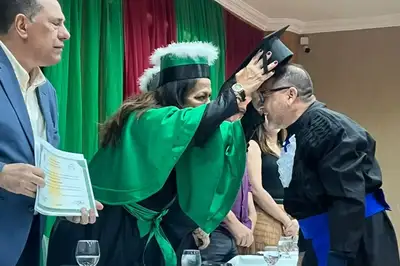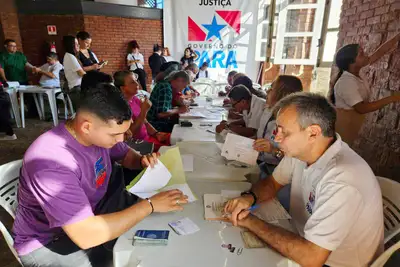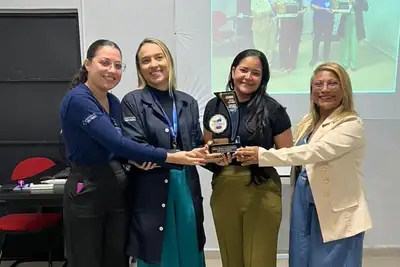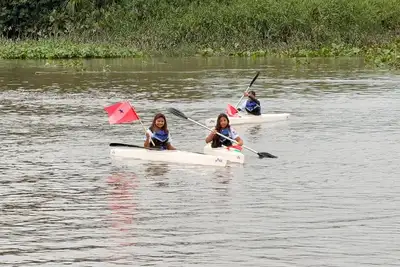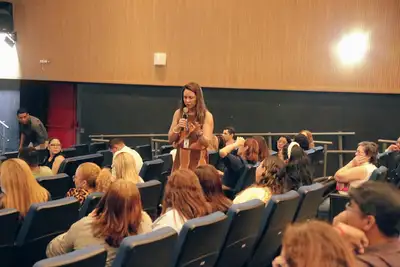Agroindustrialization of family production is highlighted at the I Amazon Climate Week in Belém
Event promoted by Adepará, Seaf, and IPAM values territories, female leadership, and sustainability in family farming
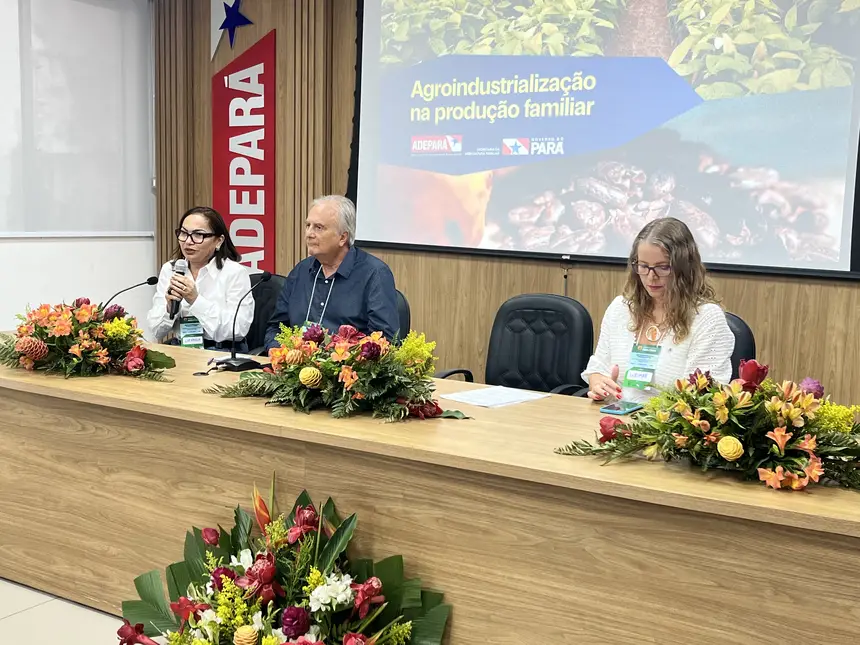
Focusing on bioeconomy and the verticalization of local production chains, the Agricultural Defense Agency of the State of Pará (Adepará), the State Secretariat of Family Agriculture (Seaf), and the Amazon Environmental Research Institute (IPAM) held a seminar in Belém during the I Amazon Climate Week, with the central theme "Agroindustrialization of Family Production." This event was broadcast live on YouTube.
The program brought together public managers, researchers, representatives of institutions, and producers from family agriculture, with discussions on strategies, public policies, and successful initiatives that promote sustainable development and add value to local production. The panels addressed topics such as processing, transformation, sanitary certification, and direct marketing of agroindustrial products.
Knowledge and public policies for development
In the first panel, "Family Agroindustries and Bioeconomy: Technologies, Standards, and Policies for Sustainable Development," professors Danilo Fernandes (NAEA/UFPA) and Hervé Rogez (FBIOETC/UFPA) presented proposals based on science, innovation, and respect for Amazonian specificities.
The director of Plant Defense and Inspection at Adepará, Lucionila Pimentel, emphasized the importance of policies aimed at agroindustrialization as a way to expand markets and ensure safe food.
“We have a prepared team and operate in all regions of the state with 300 family agriculture establishments, which ensure quality in food. The producer understood that compliance with sanitary standards generates results and expands the market. Our experience has served as a model for other states,” she highlighted.
Maria Lucimar Souza, director of Territorial Development at IPAM, emphasized the role of agroindustrialization in conserving territories and empowering women. "We support 40 enterprises and want to increase the number of registered agroindustries, generating sustainable income for family agriculture."
Enterprises that generate positive impact
The panel "Paths that Work: Successful Experiences of Family-Based Agroindustry" presented inspiring stories of women leading agroindustries in the regions of Xingu, Rio Capim, and Marajó.
Jiovanna Lunelli, from the Cacau Xingu brand (Brasil Novo), reported the establishment of the first agroindustry with artisanal registration in the region in 2016, with support from Adepará, Sebrae, and IPAM. "The partnerships changed everything. We value riverside communities, indigenous peoples, and local artists, with packaging created by an indigenous artist."
In Tomé-Açu, Ginelda Lima, from Casa de Farinha Quebec, leads a business with ten registered products and a network of over 50 cassava suppliers. "Certification added value and transformed our reality."
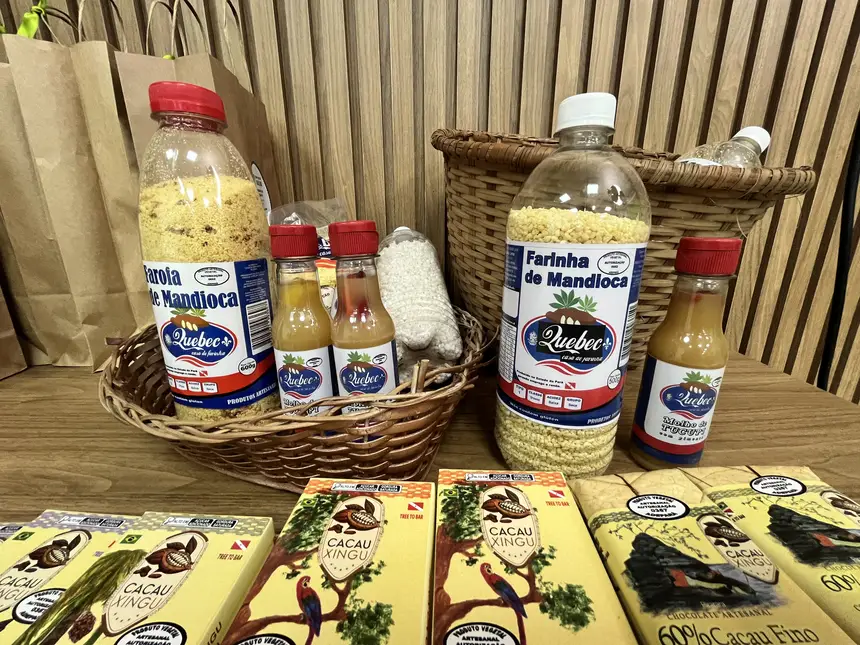
In Marajó, the CAFAS cooperative, coordinated by Isabel da Silva Janaú, involves 50 families that produce fruit pulps and reuse organic waste to fertilize community gardens. "Our greatest profit is seeing the recognition for the well-done work."
Sustainability and climate at the center of the agenda
The inspection manager at Adepará, Joselena Tavares, highlighted formalization as a pillar of sustainability and cultural identity. "Agroindustrializing with identity is also acting for the climate. Family agroindustries reduce emissions and strengthen local economies without erasing culture."
For the Secretary of Family Agriculture, Cássio Pereira, the Climate Week represents the materialization of solutions for climate transition. “We are building a new reality. Agroindustrialization is essential in this transformation.”
The I Amazon Climate Week concluded with a commitment to strengthen public policies, value local knowledge, and promote sustainability in Amazonian territories, positioning family production as a pillar of bioeconomy and socio-environmental justice.


